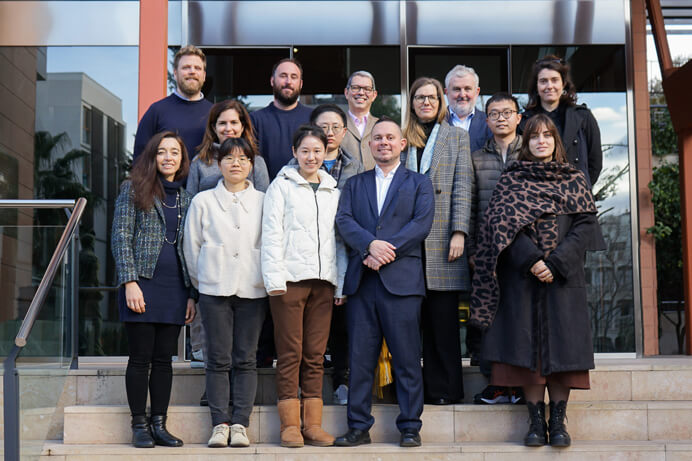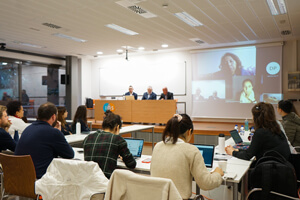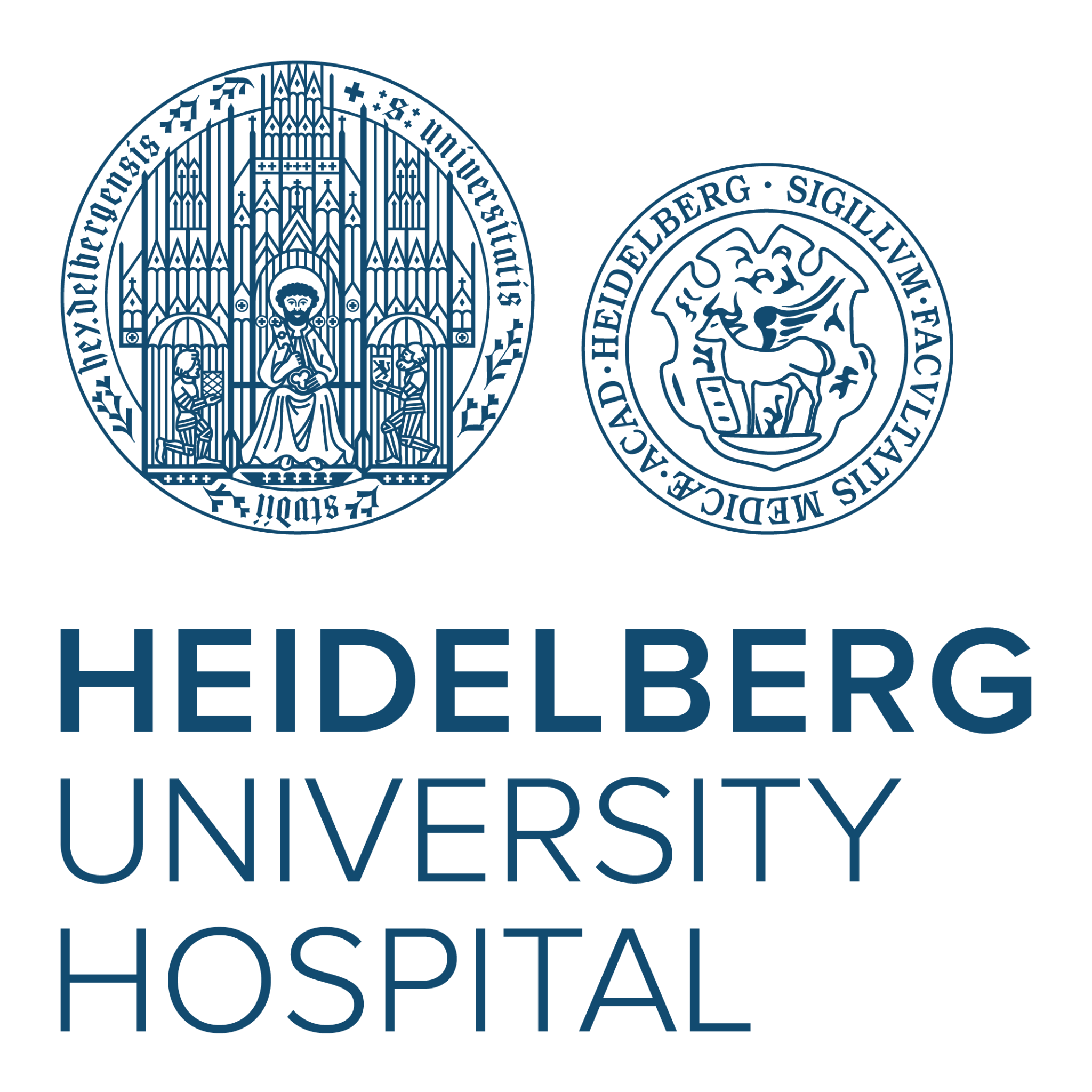Population Medicine, a New Model for Healthcare

In January, IQS hosted the kick-off session for the European project Population Medicine and Sustainable Development: European Opportunities in collaborating with China to improve global health – PoPMeD-SuSDeV, led by Dr Octasiano M. Valerio Mendoza, with the Department of Quantitative Methods at IQS and coordinator of the university’s Sustainability, Economics and Ethics research group. Other members of the project include the Heidelberg University Hospital, the Research Center of the Slovenian Academy of Sciences and Arts, Peking University, and the China – Japan Friendship Hospital. This is the first European project of this type led by the IQS School of Management, financed by the European Commission with €662,400 in funding.
The welcome session to the kick-off for the project was headed by Dr Salvador Borrós, Director of IQS, and Dr Carlos Moslares, Dean of the IQS School of Management, who congratulated the consortium members for securing this project. “It is a source of great pride for our university to form part of this consortium and to head this European project, contributing our university’s experience and reputation to this consortium in accordance with our mission,” they stated.
Towards a new healthcare management model
The PoPMeD-SuSDeV project emerges from the interest to implement a “population medicine” model in Europe that can reduce the economic costs associated with diseases that can be preventively detected in the population. This joint multidisciplinary research project features the fields of Healthcare, with experts from the Heidelberg Hospital and the China-Japan Friendship Hospital, Economics, with IQS and Peking University, and Anthropology, with the Research Center of the Slovenian Academy of Sciences and Arts.
Kick-off for the 2023 European Project goal is to establish a new medical paradigm under the concept of “Population medicine,” which exchanges the current reactive healthcare models (with treatment of people who are already ill) for a proactive model, focused on the early detection of possible diseases and disorders. This approach focuses on how economics – understood as a set of theories, models, techniques, and values – would offer healthcare professionals the opportunity to provide better, more efficient treatments to people.
PoPMeD-SuSDeV takes the healthcare model of the People’s Republic of China, which has become a global leader in large-scale early screening and medical digitalization. The group seeks to optimize healthcare resources, minimizing the economic burden associated with preventable diseases.
IQS’s contributions to the project
The studies related with the structural transformation and sustainable development of population medicine are led by a group of researchers from the IQS School of Management, headed by Dr Octasiano M. Valerio. The research team also features Dr Cristina Montañola and Dr Meritxell Sáez, both with the Department of Quantitative Methods, Dr Flavio Comim, with the Department of Ethics, Dr Mihály Borsi, with the Department of Economics and Finance, and Dr Jan Meyer, with the Department of Business Management. Each researcher is contributing their extensive experience to the consortium in each of their spheres of action.
Furthermore, the project will sponsor research stays and exchanges for IQS professors and students in Germany, Slovenia, and China.
PoPMeD – SuSDeV is the second project that the European Commission has awarded to the IQS School of Management, with the first Chinequaljustice, also led by Dr Valerio Mendoza, the results of which paved the way for collaboration with other prestigious centres, leading to the formation of the current project consortium.
This project is funded by the European Union.
RELATED PEOPLE:
RESEARCH GROUP
Sustainability, Economics and Ethics
RELATED PROJECTS
PoPMeD-SuSDeV (Population Medicine and Sustainable Development in Europe and China)








